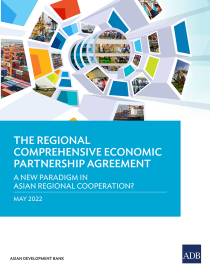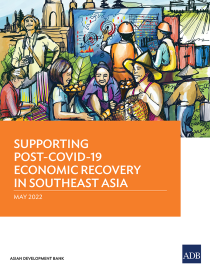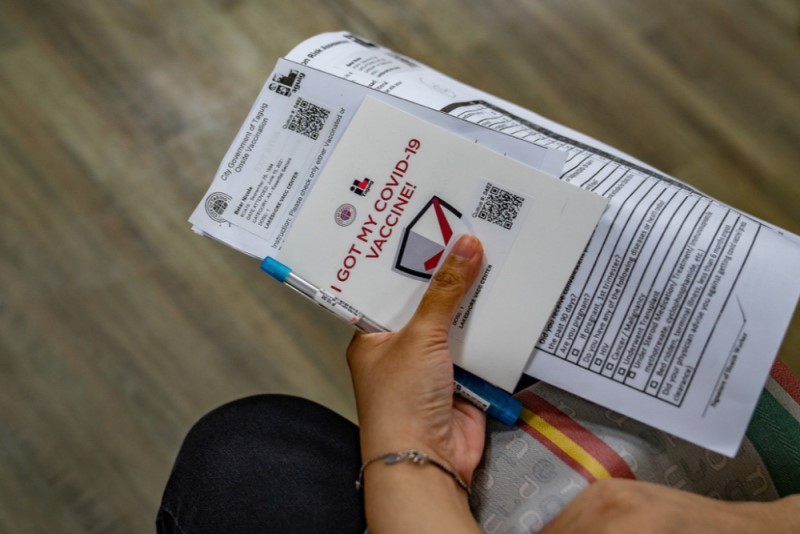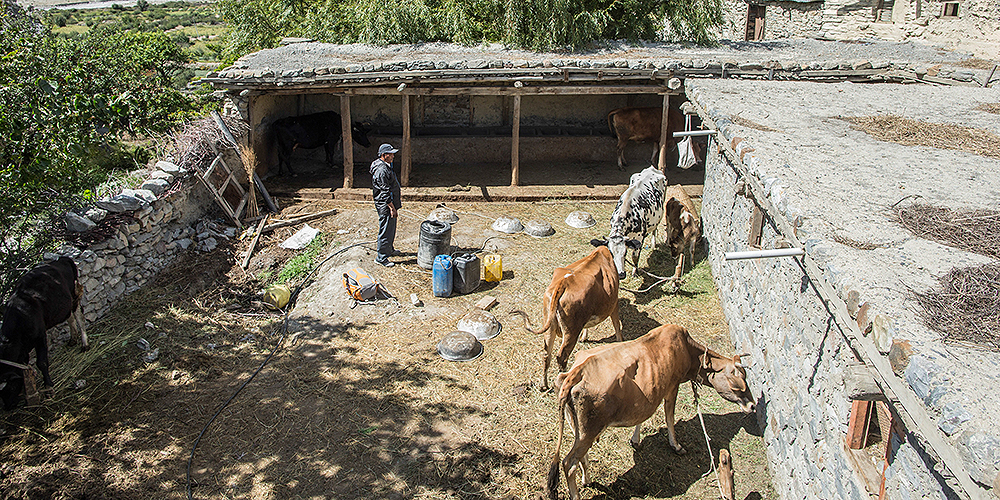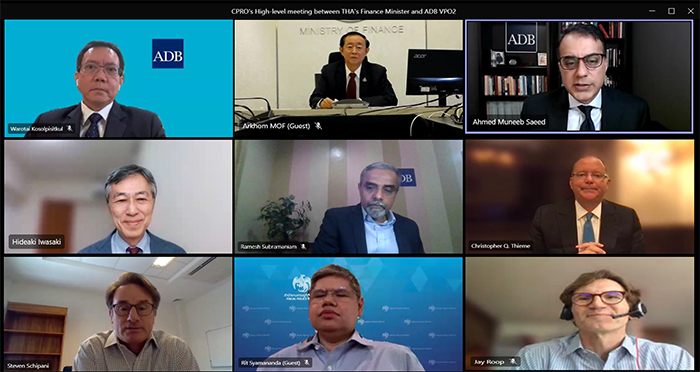
Asian Development Bank and Cambodia: Fact Sheet
ADB is one of Cambodia's largest sources of official development assistance, with average annual lending of $329.8 million from 2016-2021. The bank's support is aligned with the Cambodia's National Strategic Development Plan 2019-2023.

